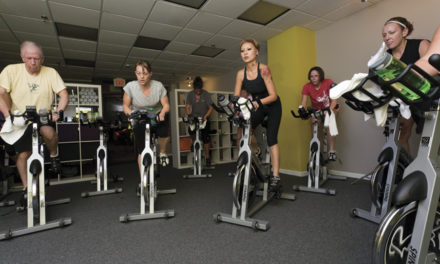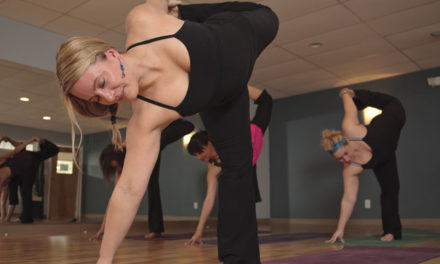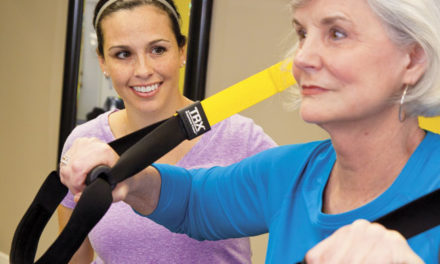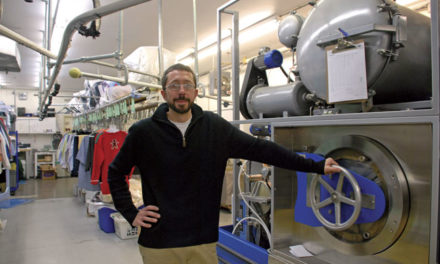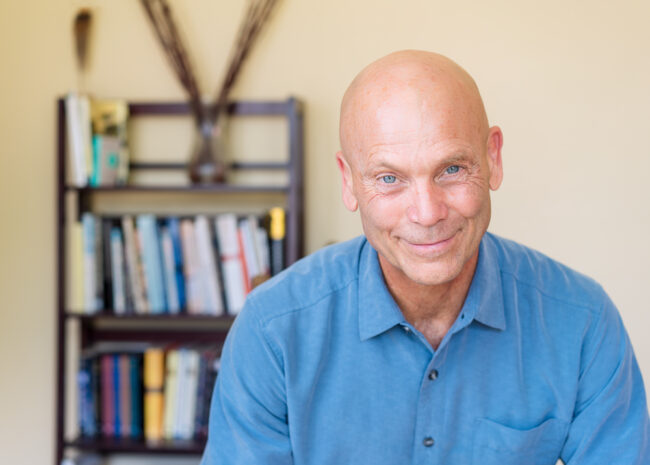
by TRACY ZOLLINGER TURNER
Scan the advertisements of any self-help or wellness magazine and you’ll find the term “life coaching” applied across a variety of services—everything from relationship help, career strategizing, and financial management to spiritual growth, stress reduction, and communication building.
So, what is life coaching and how does it differ from counseling or therapy?
“Life coaching is guidance, typically,” says Nancy Kalina of Safe Space Life Coaching. While counseling may involve deep processing of one’s personal history, life coaching often offers tools and skill building.
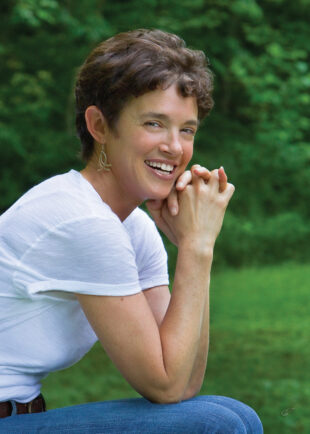
“I think life coaching is very effective when we are meeting any kind of transition,” Kalina says. “You don’t necessarily need to process all the time if you’re unhappy with your job or if you’re trying to figure out how to sell the house you’ve lived in for over 40 years. My core philosophy is that people have the wisdom within themselves, but sometimes we don’t ask the right questions.”
While life coaching is not yet a regulated industry, you can request certification information and learn where a coach was trained. Kalina received her training through Martha Beck Inc. Cost, frequency, and duration of coaching varies depending on clients’ needs and the types of sessions offered.
Greg Burdulis works regularly with both individuals and organizations, and offers workshops at local yoga studios, online classes though eMindful, and regular free “mindfulness experiences” on Facebook Live. Burdulis lived as a Buddhist monk in Burma for a decade and has earned multiple life coaching certifications since returning 10 years ago. Through his company, The Power of Presence, Burdulis teaches mindfulness practices, including meditation, to companies and individuals, and sometimes helps couples create wedding vows—and then officiates their ceremonies.
Burdulis says the services offered by The Power of Presence are twofold. “One part is mindfulness,” he says. “The other is about relationship effectiveness.” He also points to the greater abilities that life coaching may foster. “Focus and concentration is a skill, equanimity or internal peace is a skill, courage is a skill, authenticity is a skill,” he says. “All of these are skills that people can be trained to have and use.”
For more information on Safe Space Life Coaching, visit nancykalina.com. For more information on The Power of Presence, visit thepowerofpresence.net.


